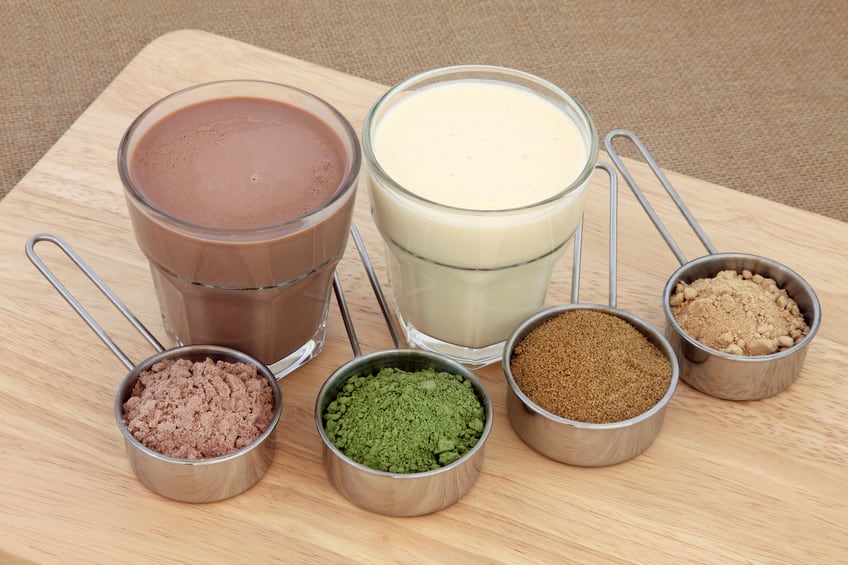In both men and women, a higher muscle strength and muscle mass occurred when subjects consumed animal or plant-derived protein.
However, the intake of these protein sources did not appear to affect bone mineral density (BMD) —a major age-related health consideration that can lead to physical disability and increased mortality.
“We know that dietary protein can improve muscle mass and strength. However, until now, we did not know if one protein food source was better than another in accomplishing optimal results,” said Dr Kelsey Mangano, assistant professor of Nutritional Sciences at University of Massachusetts Lowell.
“This study is significant as it suggest that higher protein intake from any food source will benefit muscle mass and strength in adults."
The study also stressed the need to establish a link between dietary protein and muscle health, irrespective of its source as a determinant of future guidelines for dietary patterns.
Protein types

Total protein intake was estimated using a food-frequency questionnaire (FFQ) given to 2,986 men and women, aged 19–72 years in 2002–2005.
The following dietary protein food clusters were identified: fast food and full-fat dairy, fish, red meat, chicken, low-fat milk, and legumes.
A model was then used to estimate the association between protein intake, BMD, appendicular lean mass (ALM) and quadriceps strength (QS).
From these findings the outcomes across quartiles of protein (grams per day) and protein food clusters could then be calculated.
The research team found 82% of participants met the Recommended Daily Allowance (0.8 grams per kg body weight per day).
BMD did not change across different quartiles of protein intake but significant positive trends were observed for ALM, ALM normalised for height ((ALM/ht2), and QS.
Subjects with the lowest quartile of total protein intake had significantly lower ALM, ALM/ht2, and QS compared to those in the higher quartiles of intake.
“Dietary protein may maximally benefit bone health in older, more frail, or protein insufficient populations,” the study commented.
“The lack of differences in either muscle mass or strength across protein food clusters is important because future health messages that encourage older adults to meet required protein intakes do not need to provide complicated recommendations about specific protein-containing foods.”
Animal vs. plant
The question of whether on protein source is better than another has particular ramifications not only in the elderly but also for athletes who require a specific amount of protein to fuel optimum performance.
According to one study, individual protein food sources may be beneficial to the musculoskeletal system because a specific food source may differ in its amino acid composition, digestibility and non-protein nutrient composition.
Studies that have separated protein foods by animal protein compared with plant protein have had conflicting results regarding their associations with bone and muscle.
The influence of dietary protein on the musculoskeletal system is dependent on many other dietary factors, the study added, such as other non-protein nutrients (i.e. calcium, magnesium, and vitamin D) and the acidity of the diet.
Source: American Journal of Clinical Nutrition
Published online ahead of print: doi: 10.3945/ajcn.116.136762
“Dietary protein is associated with musculoskeletal health independently of dietary pattern: the Framingham Third Generation Study.”
Authors: Kelsey Mangano et al.
